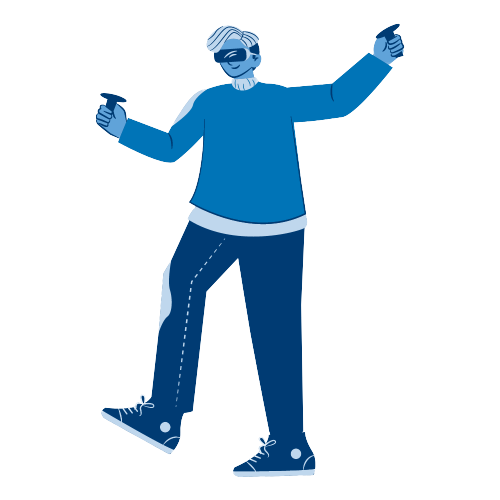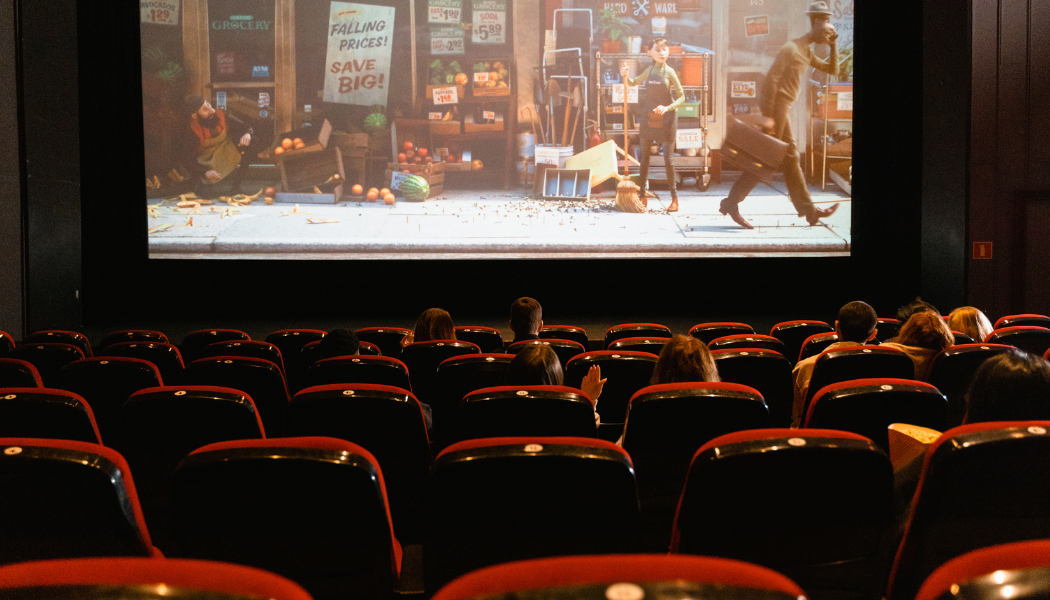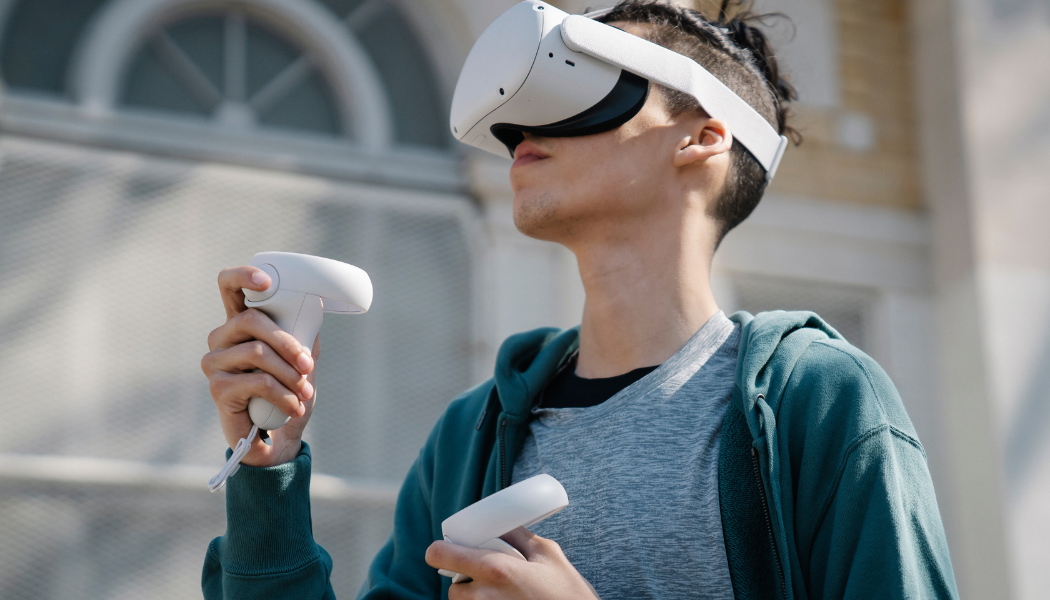Dementia Simulation Toolkit
The INTenSE Dementia Simulation Toolkit (DST) aims to provide health care professionals and other
dementia care partners with tools and scenarios to employ the self-experience method in dementia
care. The DST helps users experience what it’s like to have dementia through the use of state-of-the-
art self-experience practices, such as such as virtual tours, role-playing games, and theater
laboratories. These tools (and the associated training provided) allow professionals and other
dementia care partners to walk in the shoes of a person living with dementia, change dementia care
practice and improve quality of care by enhancing empathy and understanding..

What is DST?
The Dementia Simulation Toolkit includes a range of training scenarios that reflect some of the lived experiences of people with dementia. These scenarios use different methods and tools to simulate dementia symptoms which allow people to gain insight into dementia through self-experience.
Who is it for?
The DST is designed to educate, equip and train health and social care professionals to better support and care for people living with dementia. It is best applied in a training/educational context as a standalone course or integrated into current training.
Symptom route
Scenarios:
- Finding your things (presentation, scenario, bell-ringtone, white-noise)
- Getting around (presentation, scenario, healtcare-background-noise)
- Losing your things (presentation, scenario, bell-ringtone)
- Meal time: plates (presentation, scenario, supporting material)
- Vision and hearing simulator (presentation, scenario)
- Personal care (presentation, scenario, role play)
- Meal times: food (presentation, scenario)
Scenarios:
- Cognitive assessment (presentation, scenario, role descriptions, white-noise, ACE-FullVersion, ACE-Exercise, ACE-Guidilines and scoring)
- Communication in care (presentation, scenario, white-noise, role play)
- Getting around (presentation, scenario, healtcare-background-noise)
- Vision and hearing simulator (presentation, scenario)
- Social interaction (presentation, scenario, role-play, small cafe noise)
- The way to examine (presentation, scenario, role play, healtcare-background-noise)
Scenarios:
- Meal times: cutlery and containers (presentation, scenario)
- Personal care (presentation, scenario, role play)
Scenarios:
- Antonio and Lisa (presentation, scenario, script)
- Gianni’s adventures (presentation, scenario, role play)
- A walk through dementia (presentation, scenario)
- Barbara’s story (presentation, scenario, training)
- Cognitive assessment (presentation, scenario, role descriptions, white-noise, ACE-FullVersion, ACE-Exercise, ACE-Guidilines and scoring)
Scenarios:
- Finding your things (presentation, scenario, bell-ringtone, white-noise)
- Losing your things (presentation, scenario, bell-ringtone)
- Social interaction (presentation, scenario, role-play, small cafe noise)
Scenarios:
- Antonio and Lisa (presentation, scenario, script)
- Gianni’s adventures (presentation, scenario, role play)
- A walk through dementia (presentation, scenario)
- Barbara’s story (presentation, scenario, training)
- Personal care (presentation, scenario, role play)
- The way to examine (presentation, scenario, role play, healtcare-background-noise)
Scenarios:
- Personal care (presentation, scenario, role play)
- The way to examine (presentation, scenario, role play, healtcare-background-noise)
- Social interaction (presentation, scenario, role-play, small cafe noise)
- Origami task (presentation, scenario, instructions)
- Meal times: food (presentation, scenario)
- Cognitive assessment (presentation, scenario, role descriptions, white-noise, ACE-FullVersion, ACE-Exercise, ACE-Guidilines and scoring)
- Communication in care (presentation, scenario, white-noise, role play)
Search a DST tool
Film interventions involve cinematic scenarios that all participants can experience. Several perspectives can be portrayed with these types of interventions.
Virtual reality refers to technology that allows people to experience realistic situations or environments that are difficult to experience in reality.








